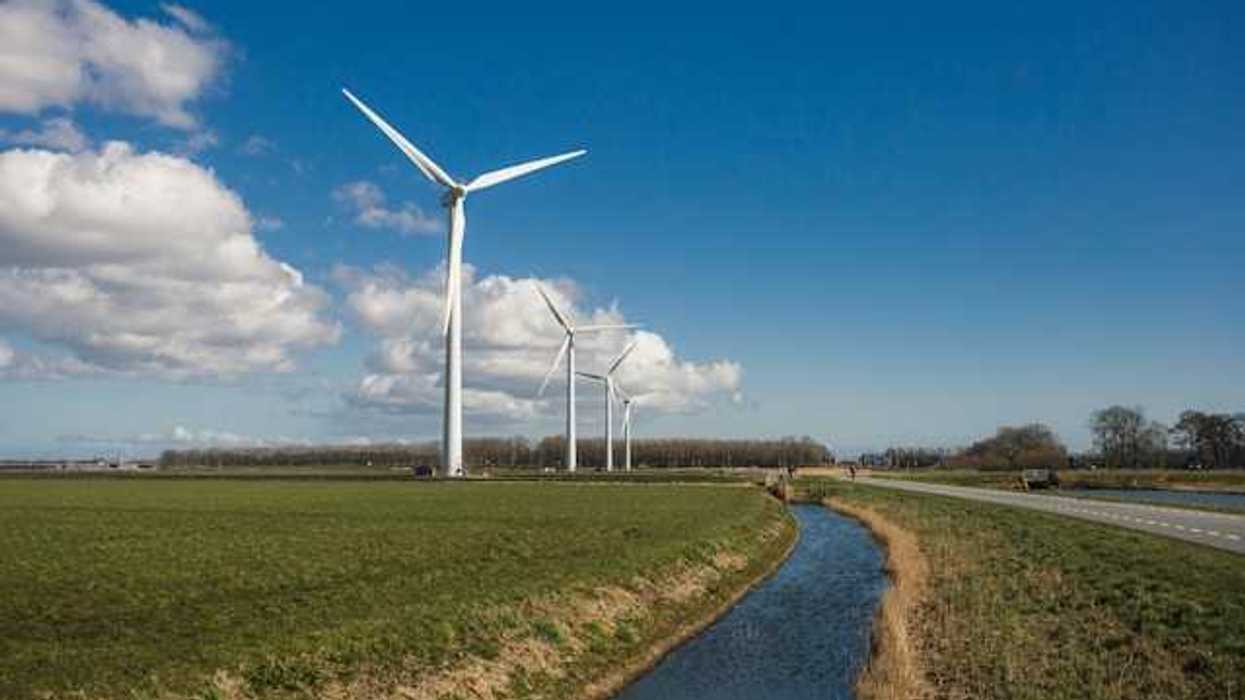A new study reveals that the escalation of cold ocean upwellings due to climate change is leading to mass fatalities among marine species, including sharks and rays.
Jonathan Watts reports for The Guardian.
In short:
- Researchers have linked shifts in ocean currents and atmospheric conditions to an increase in deadly cold upwellings, primarily affecting tropical marine species.
- A specific incident off South Africa in 2021 involved a mass die-off of over 260 marine organisms from 81 species, dramatically illustrating the impact of these sudden temperature drops.
- Affected animals, including a tagged bull shark, displayed altered behaviors like swimming closer to the surface and deviating from typical migration routes in failed attempts to escape the cold.
Key quote:
"It was eerie to see so many species washed up dead."
— Ryan Daly, marine biologist
Why this matters:
Altered upwelling patterns may worsen existing stressors on marine ecosystems, such as ocean acidification and hypoxia. These conditions can impair the ability of marine organisms to build shells and skeletons, as well as reduce oxygen availability, further threatening the health and resilience of marine ecosystems.














